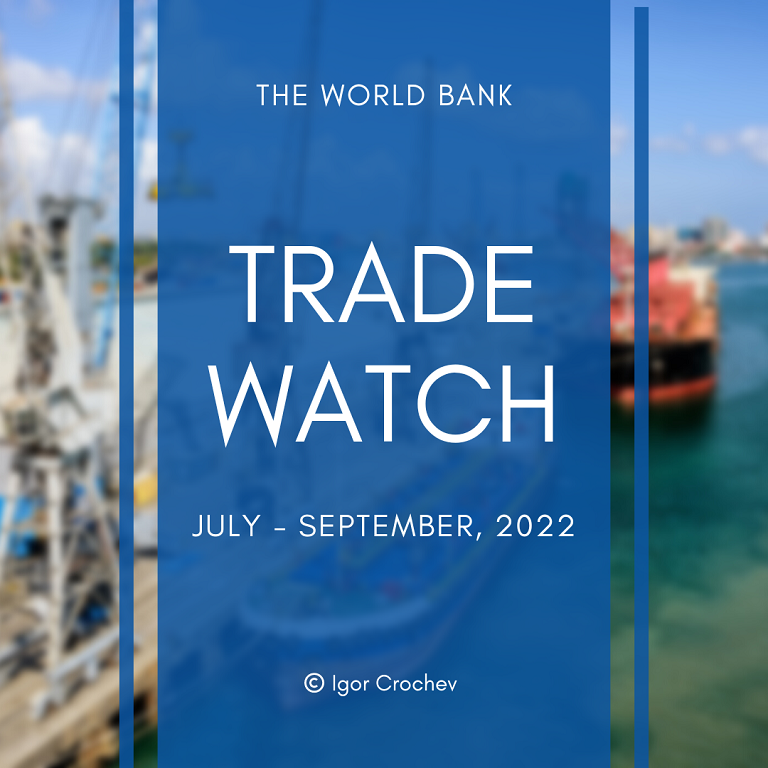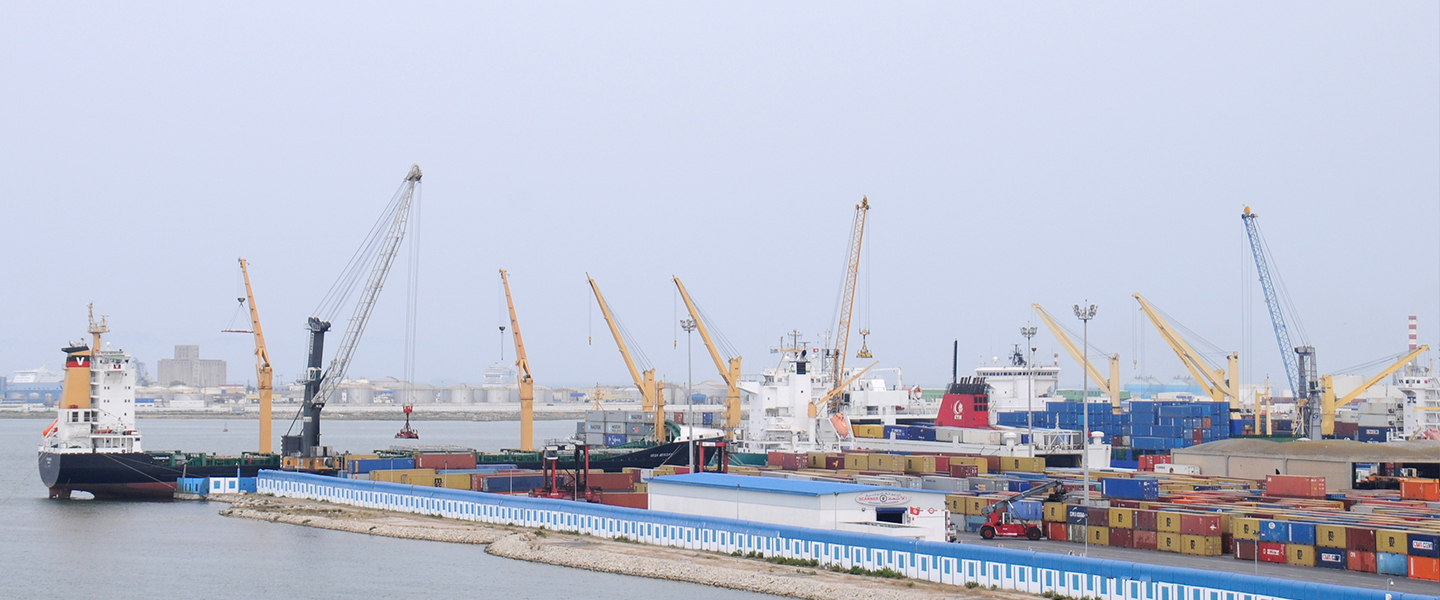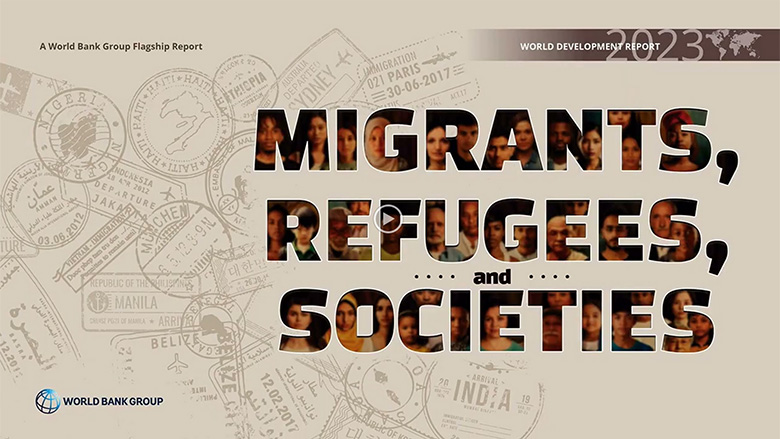LATEST JOURNAL ARTICLES
Understanding firm networks in global agricultural value chains
Anne Beck, Sunghun Lim, Daria Taglioni
Food Policy, vol. 127, August 2024 | Working Paper Version
How resilient was trade to COVID-19?
Maria Bas, Ana Fernandes, Caroline Paunov
Economics Letters, vol. 240, July 2024 | Working Paper Version
Global Reallocations from the US-China Trade War
Pablo Fagjelbaum, Pinelopi Goldberg, Patrick Kennedy, Khandelwal Amit, Daria Taglioni
American Economic Review Insights, vol. 6, June 2024 | Working Paper Version
The effect of educated leaders on policy and politics: Quasi-experimental evidence for Brazil
Paulo Bastos, Cristian Sanchez
Latin American Economic Review, vol. 33, April 2024
Capital Markets, Temporary Migration and Entrepreneurship: Evidence from Bangladesh
Laurent Bossavie, Joseph-Simon Gorlach, Caglar Ozden, He Wang
World Development, vol. 176, April 2024 | Working Paper Version
























